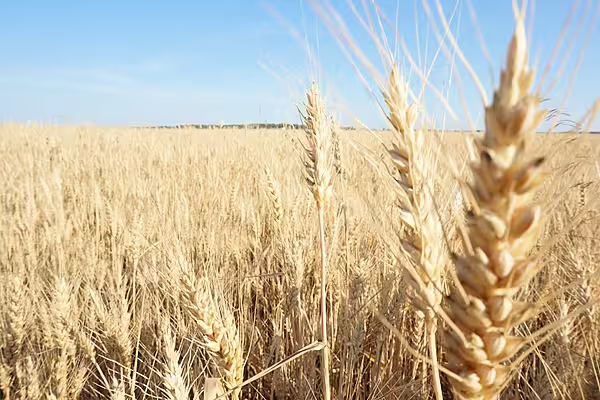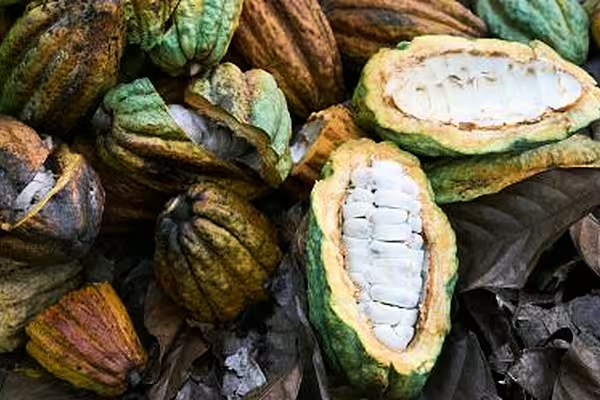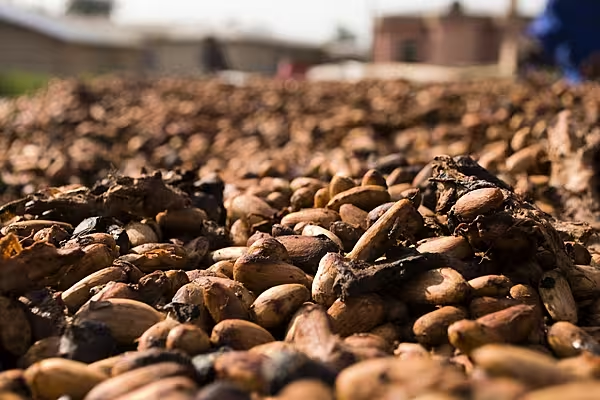Ukraine sees no need to limit wheat exports for the upcoming 2023/24 July-June season, as the winter harvest looks to be larger than expected, albeit smaller than in peacetime, a top agriculture ministry official said.
Ukraine was the world's fifth-largest wheat exporter before the war with Russia, and its shipments were especially important to poor countries in Africa and the Middle East.
Based on results collected by the Ministry of Agrarian Policy and Food as well as satellite images, farmers planted more wheat in southern areas than the ministry had forecast in autumn, first deputy farm minister Taras Vysotskiy told Reuters.
'Preserve More Wheat'
"The (supply) balance is positive and so far there are no reasons for it," he said of government-imposed limits to wheat exports that would preserve more wheat for domestic consumption.
Some Ukrainian agriculture groups have suggested that the government may introduce limits on wheat exports, fearing a shortage of milling wheat at home after a smaller, poor-quality harvest.
The ministry now estimates that farmers planted 4.1 million hectares of winter wheat nationally, up from its estimate in October of 3.7 to 3.8 million hectares, Vysotskiy said, adding that the ministry planned to formally release the new forecast on Monday.
The planted area is still sharply lower than before the war, when farmers seeded 6.2 million hectares.
Wheat Crop
The size of Ukraine's wheat crop depends largely on the rainfall it will receive in spring, before farmers harvest it, Vysotskiy said.
The harvest may range from 16 million to 18 million tonnes, he estimated.
Last year, Ukraine produced 20.2 million tonnes of wheat.
Ukrainian wheat exports have declined to 11.3 million tonnes so far this season from 18.1 million sold abroad in the same period in 2021/22, ministry data shows.
External Factors
External factors may still limit how much wheat Ukraine can sell outside its borders.
The Black Sea grain deal with Russia, the United Nations and Turkey that allows some ships to move Ukrainian grain during the war is due to expire later this month.
Some areas in the east and south are also heavily mined, and difficult to farm during the war.
News by Reuters, edited by Donna Ahern, Checkout. For more supply chain stories, click here. Click subscribe to sign up for the Checkout print edition.









